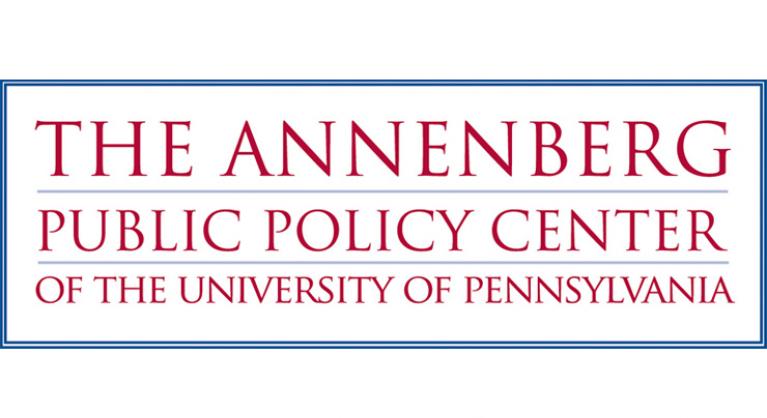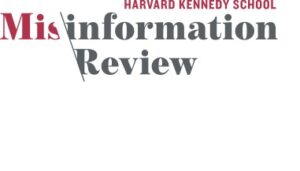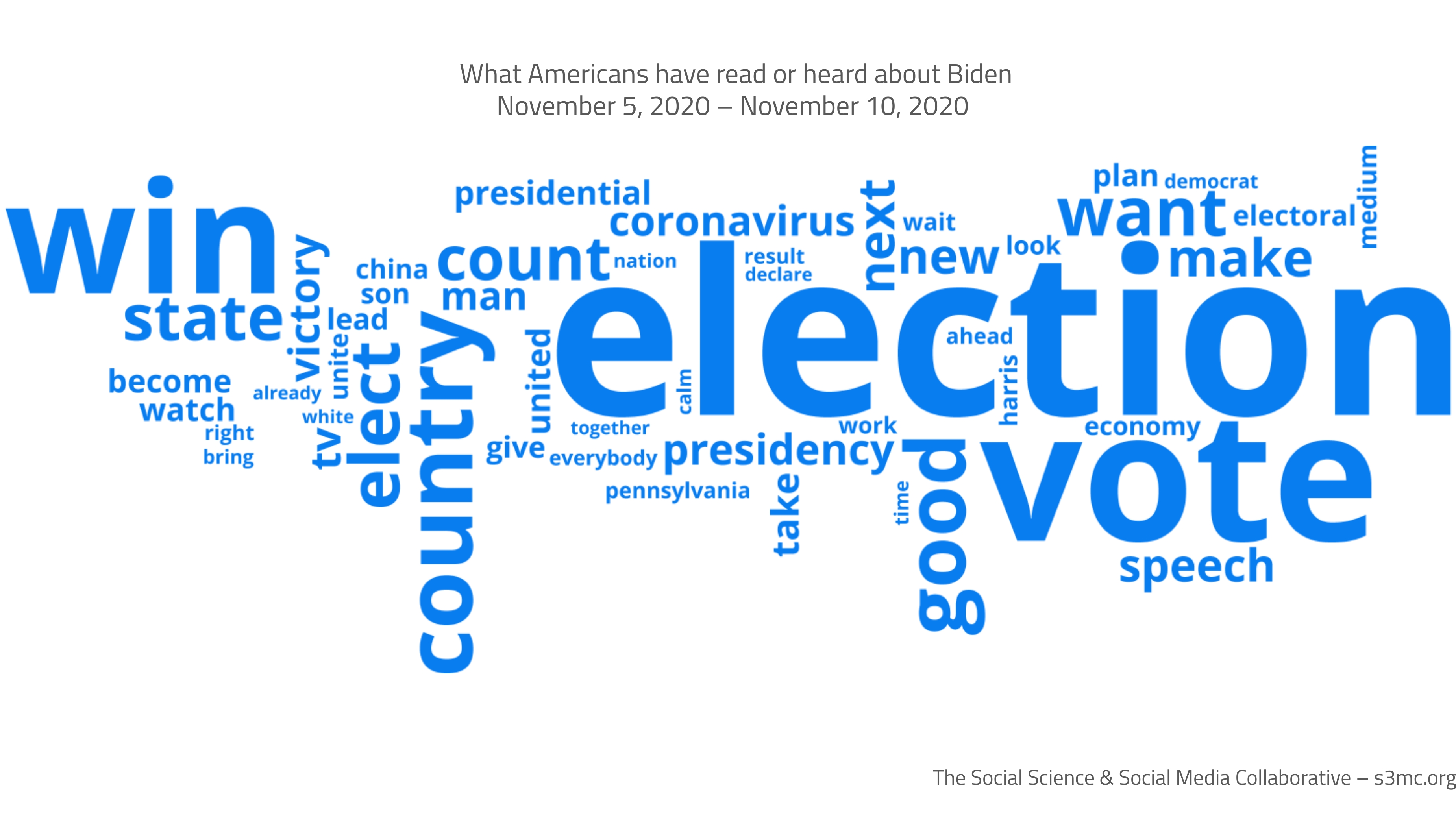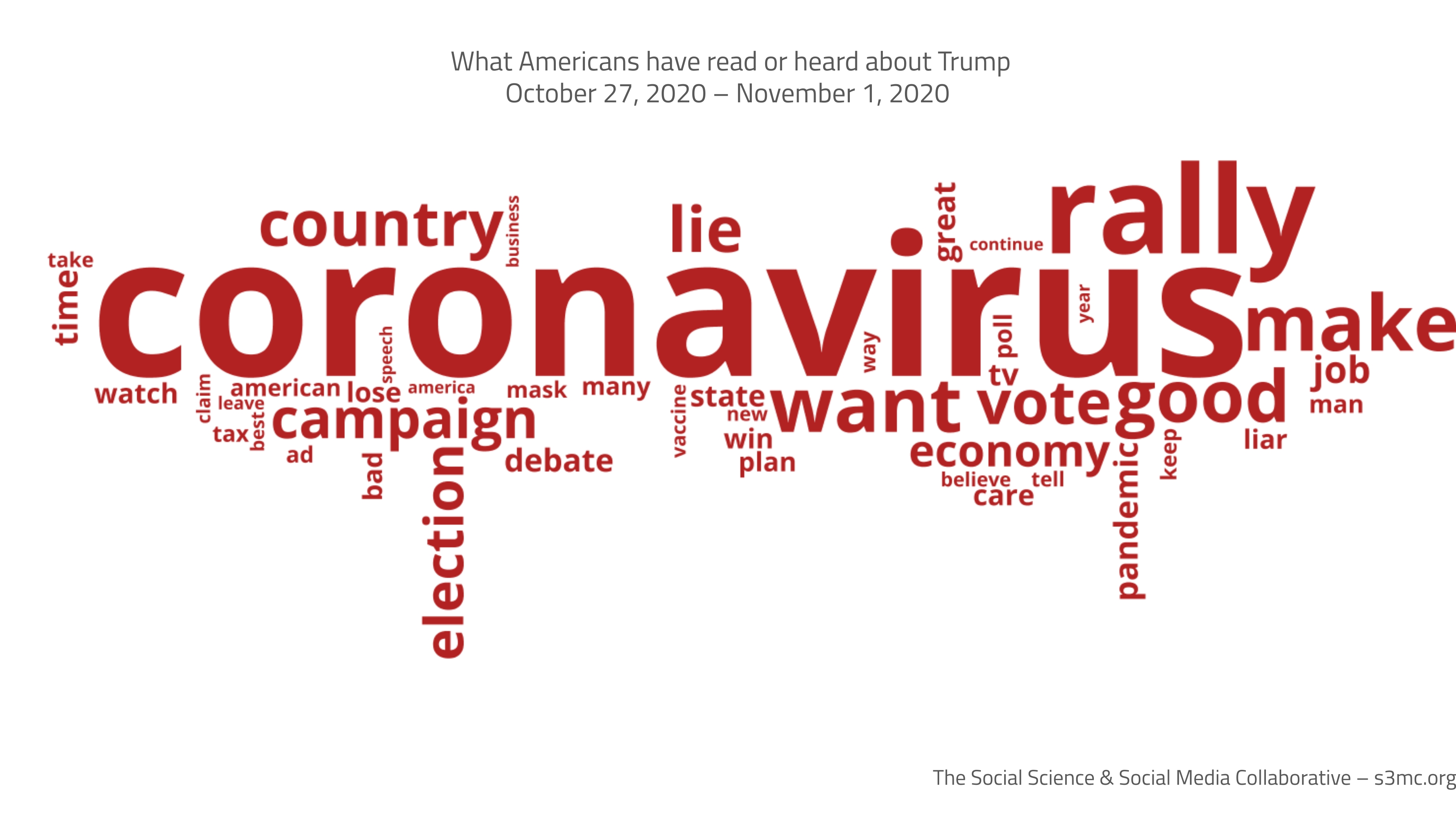Research Collaborations
- Social Science Social Media Collaborative (S3MC)
- Annenberg Public Policy Center – Institutions of Democracy Collaborative
Research Topics
- Ballot Design
- Data Linkage
- Electoral Behavior
- Health Measurement
- Motivated Reasoning
- News Media
- Racial Attitudes
- Social Media Data
- Social Media Users
- Survey Methodology
Public Impact Collaborations
- The Breakthrough – CNN, SSRS, University of Michigan, Georgetown – 2020
- Survey Monkey, Washington Post, University of Michigan, Georgetown – 2018
- Gallup, University of Michigan, Georgetown – 2016
Research Collaborations
Social Science Social Media Collaborative

This project seeks to integrate social science and computer science tools to unlock new forms of data for social research. A group of collaborators at the University of Michigan and Georgetown University have been working together on a series of efforts related to analyses of social media, survey, and news content data to understand how we can best examine these forms of data and to answer key social questions.
Related Content
Annenberg Institutions of Democracy Collaborative

In this collaborative project with the Annenberg Public Policy Center, we are exploring how individuals make choices in U.S. Elections.
Annenberg IOD Collaborative (with Kathleen Hall Jamieson, Matthew Levendusky, R Lance Holbert, Andrew Renninger, Yotam Ophir, Dror Walter, Bruce Hardy, Kate Kenski, Ken Winneg, and Daniel Romer). 2023. New York: Oxford University Press. https://doi.org/10.1093/oso/9780197644690.001.0001
With Kathleen Hall Jamieson, Daniel Romer, Patrick E Jamieson, and Kenneth M Winneg. 2021. PNAS 118(52). e2112266118. doi: https://doi.org/10.1073/pnas.2112266118
AAPOR 2021
— In 2020, a series of state-level pre-election polls indicated that Joe Biden would handily beat Donald Trump across many of the states expected to be pivotal in the election. Instead, election margins in these states were far closer than anticipated, leading to widespread perceptions of a polling failure. This study leverages probability-based panel survey data from Michigan, Wisconsin, Pennsylvania, and Florida to test a series of hypotheses about the source of these apparent polling errors. Specifically, we test the possibilities that errors (1) were attributable to the difficulty of recruiting Trump supporters, (2) were associated with a differential tendency to participate in surveys among eventual Trump voters, (3) could be attributed to variations in the success of Republican and Democratic campaigns in their voter mobilization efforts, (4) were associated with inaccurate expectations about which Americans would vote in the election, and (5) could be attributed to so-called “shy trump” voters who were unwilling to express their preferences in the survey. To examine these possibilities, we compare respondents reported election behaviors with their pre-election preferences, third party records on whether or not they voted, the distribution of observed votes in their precincts, and their tendencies to respond to pre-election survey waves. Based on the distinctions we observe, we discuss the extent to which the errors observed were consistent across states as well as whether any weighting or imputation strategy could be expected to properly adjust for the biases observed.
Research Topics
Ballot Design

Features of ballot design, such as the ordering of candidates’ names, the orientation of columns on the ballot, and other decisions made by election officials can make marginal changes to individual behavior in ways that can influence outcomes. This work explores these effects.
Trump's margin of victory in Michigan in 2016 was so small that he probably wouldn't have won the state if he hadn't been listed first on the ballot. I discuss the effect in a recent Center for Political Studies Blog Post http://cpsblog.isr.umich.edu/?p=1792.
with Daniel Schneider, Jon A. Krosnick, Alexander Tahk, Eyal Ophir and Claire Milligan. 2014. Public Opinion Quarterly 78, 416-439. doi: 10.1093/poq/nfu013.
with Eric Chen, Gábor Simonovits, and Jon Krosnick. 2014. Electoral Studies 35, 115-122. doi:10.1016/j.electstud.2014.04.018.
Data Linkage
The social sciences are experiencing a data revolution, where new forms of data are increasingly becoming available. Figuring out how to use these data to generate social understandings and how they should relate to more traditional forms of data collection is a critical challenge, and one that motivates this area of research.
Electoral Behavior
How do people decide what candidates to support or


